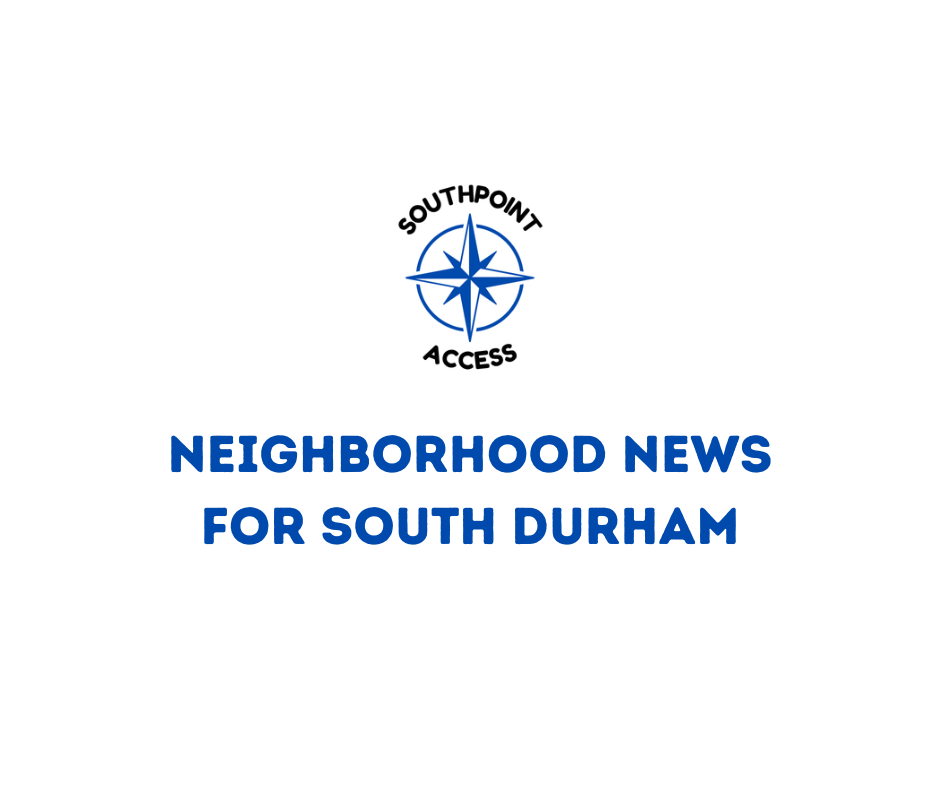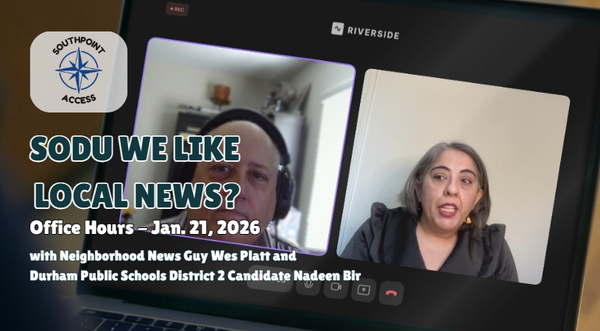Divided Durham Council Passes Ellis Road Townhome Zoning

Despite neighborhood concerns about flooding and the area’s changing character, the Durham City Council this week approved a plan for 102 townhomes on more than 12 acres along Ellis Road.
During the public hearing, Jessica Dewey, a resident who lives on nearby Theodore Lane, told the council that she worried about disruptive clear-cutting of mature forests and the mass grading of a hill on the property. She also shared concerns about flooding that’s already a problem and might be exacerbated by the new development.
Her neighbor, Linda Schabow, agreed with those concerns, and added that Ellis Road doesn’t need more development right now.
“Ellis Road has grown so much over the last few years,” Schabow said. “I don’t feel the area can stand any more development.”

Nil Ghosh, an attorney with Morningstar Law Group who represented property owner Farasat Syed, told the council that the project came before the city years ago with a higher density request. During that first iteration, the Lynley Townhomes project would’ve built more than 140 homes. That’s been reduced to 102, Ghosh said. Also, the developer committed to providing the drainage capacity to handle a 100-year storm.
“There is friction here, but this project is consistent with the comprehensive plan,” Ghosh said.
City planning officials noted that the state Department of Transportation won’t allow the new development to have direct access to Ellis Road, and would instead use existing roads neighboring the property
The land on which Lynley Townhomes will be built is considered prime for “infill development,” which seeks to develop unused or underutilized land within an existing urban area. Durham leaders also want to diversify the types of housing available throughout the county. Single-family home neighborhoods surround the acreage that will become townhomes.
Mayor Pro Tempore Mark-Anthony Middleton expressed sympathy with neighbors about the changing character of the area, but said that there’s a “higher premium for me on infill projects. The bar has to be pretty high for us to say no to an infill development.”
Council Member Javiera Caballero said projects like Lynley Townhomes help the city fix decades of bad planning, creating more walkable neighborhoods.
Council Member Chelsea Cook described the project as “car-centric urban sprawl” that wouldn’t be accessible to amenities, doesn’t get Durham closer to walkability, and promotes “a false narrative of supply and demand.”
Mayor Leonardo Williams told affected neighbors: “If I lived over here, I would probably be feeling the same way. It doesn’t mean I care less or don’t value your quality of life.” Since becoming part of city government, he said, he has a new perspective on urban growth and the changes ahead for Durham.
In the end, Cook, Nate Baker, and DeDreana Freeman joined the Durham Planning Commission in opposing the Lynley Townhomes project. Carl Rist, Williams, Middleton, and Caballero voted in favor.


![[Nerdspresso] A Nerdy News Round-Up - Jan. 23, 2026](/content/images/size/w600/2026/01/sinnersjordan.png)


